January 1 2023 laws: Changes to energy bills, welfare, property, road tolls, Medicare, PBS, fines
Australians are being told to shop around for a better deal with massive changes coming on January 1. See how they affect you and your household.
Companies
Don't miss out on the headlines from Companies. Followed categories will be added to My News.
Australians are being told to shop around for a better deal with many about to get a New Year cost-of-living shock, as runaway inflation drives up energy prices, road tolls, passport fees and other bills from January 1.
Here is a breakdown of what’s coming and what it means for your household:
ENERGY
In Victoria, NSW, Queensland and South Australia, AGL’s gas customers will see a rise on standing offers from January 1, while customers on variable rate market contracts will see a price hike from February 1.
The average gas price increase for Victorian residential AGL customers on standing offers is 21.4 per cent ($304 per year), while the increase for residential AGL customers on variable rate market contracts is 24.9 per cent ($326 per year).
The average gas price increase for residential customers on standing offer and variable rate market contracts in NSW is 9 per cent or $78 per year, in Queensland it is 5 per cent or $40 per year and in South Australia it is 6.2 per cent or $56 per year.
In NSW, Queensland and SA, Origin’s embedded network electricity prices will rise for around 40,000 customers who are in properties serviced by its Community Energy Services business due to the high wholesale cost of electricity.
From January 1, NSW residents face a 10 per cent hike ($106), and small business will see an 11 per cent increase ($949).
In Queensland, residents will see an 11 per cent jump ($113), and small business will see a 10 per cent rise ($682)
In SA, residential bills will rise by 10 per cent ($130) and small business will rise by 11 per cent ($1045).
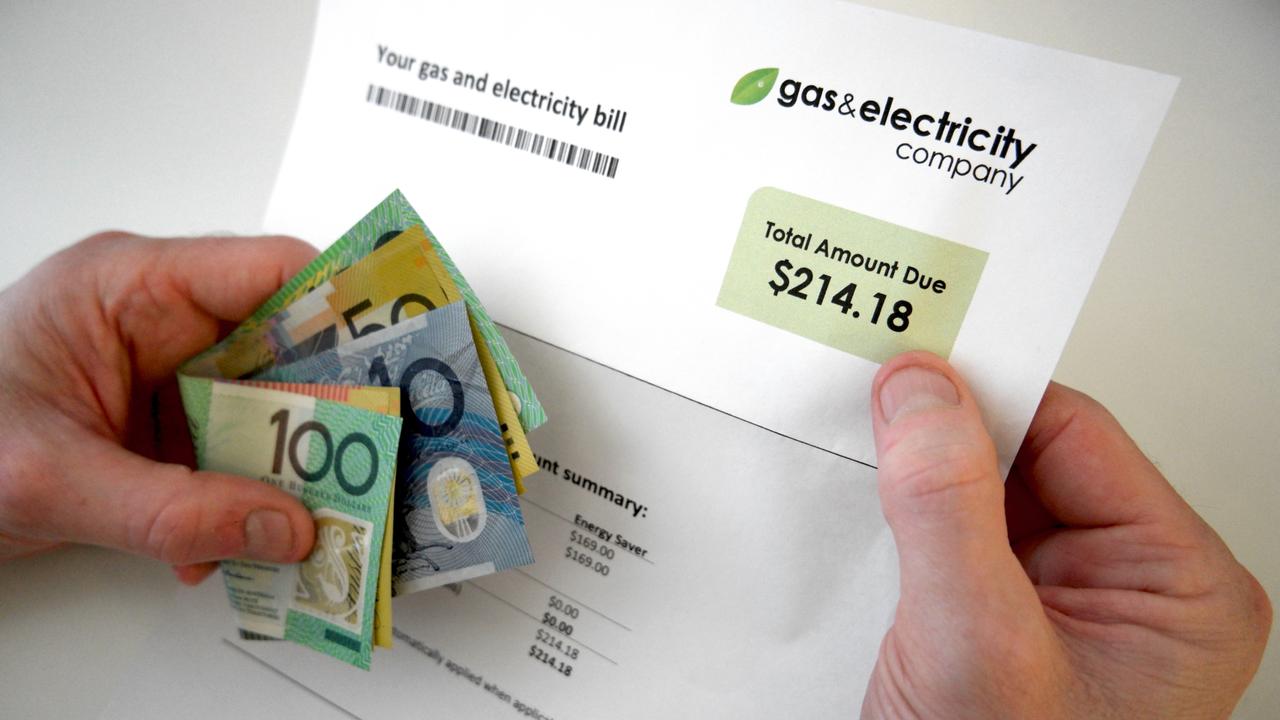
EnergyAustralia’s gas prices for 33,000 Victorian residential and business customers on a standing offer tariff will increase by an average of 28 per cent on January 1, following significant increases in the wholesale cost of gas.
The tariff covers around 8 per cent of EnergyAustralia’s gas customers in Victoria and is a default contract.
Prices will rise by an average of 25.9 per cent (around $380 per year) for roughly 31,000 residential customers and will increase by an average of 35.9 per cent for about 2000 business customers.
Origin’s gas customers in Victoria will see price changes from February 1, with a rise of 22.1 per cent ($370) and a 24.3 per cent rise for small businesses ($906).
Customers are being urged to contact their energy provider if they are struggling to pay bills to get further support.
One Big Switch Campaign Director Joel Gibson said unfortunately households might cop several price hikes in the new year.
“You can still save hundreds by switching gas or electricity in some cases – start at the government websites compare.energy.vic.gov.au (for Victoria) and energymadeeasy.gov.au (other states),” he said.
“These January hikes also show how gas is no longer a cheap fuel that you don’t need to worry about – gas bills are rocketing upwards and it’s a good idea to split your gas and electricity if the best deals you can find are with two different providers.”
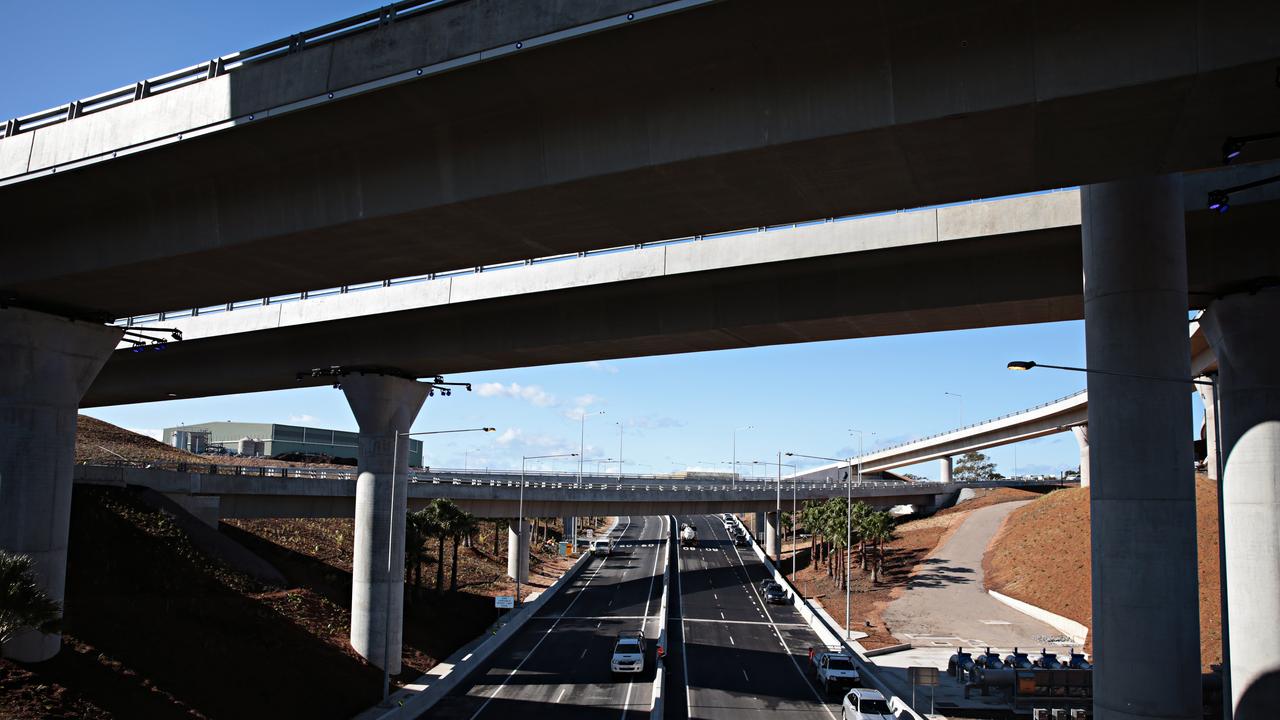
ROAD TOLLS
Road tolls will surge again and in NSW, the WestConnex M4 will slug drivers with a $9.41 toll. Trucks will be charged $28.24.
The WestConnex M8 will have a maximum toll of $7.98 for cars and $23.95 for trucks.
The M5 South-West Motorway will cost $5.32 for cars and $15.95 for trucks, and M5 East will cost $7.98. Trucks will pay $23.95.
The NorthConnex tolls will cost $8.44 for cars and $25.33 for trucks.
Cars using the Hills M2 will pay $9.05. The Lane Cove Tunnel will rise to $3.77.
The Cross City Tunnel’s Eastbound and Westbound tolls rise to $6.50 for cars, and to $13 for trucks. The Eastern Distributor will rise to $8.94 for cars and $17.88 for trucks.
In Victoria, tolls for the full length of Melbourne’s CityLink will increase by 12c on January 1 for cars, with a trip cap set at $10.81 in December and $10.93 from Sunday.
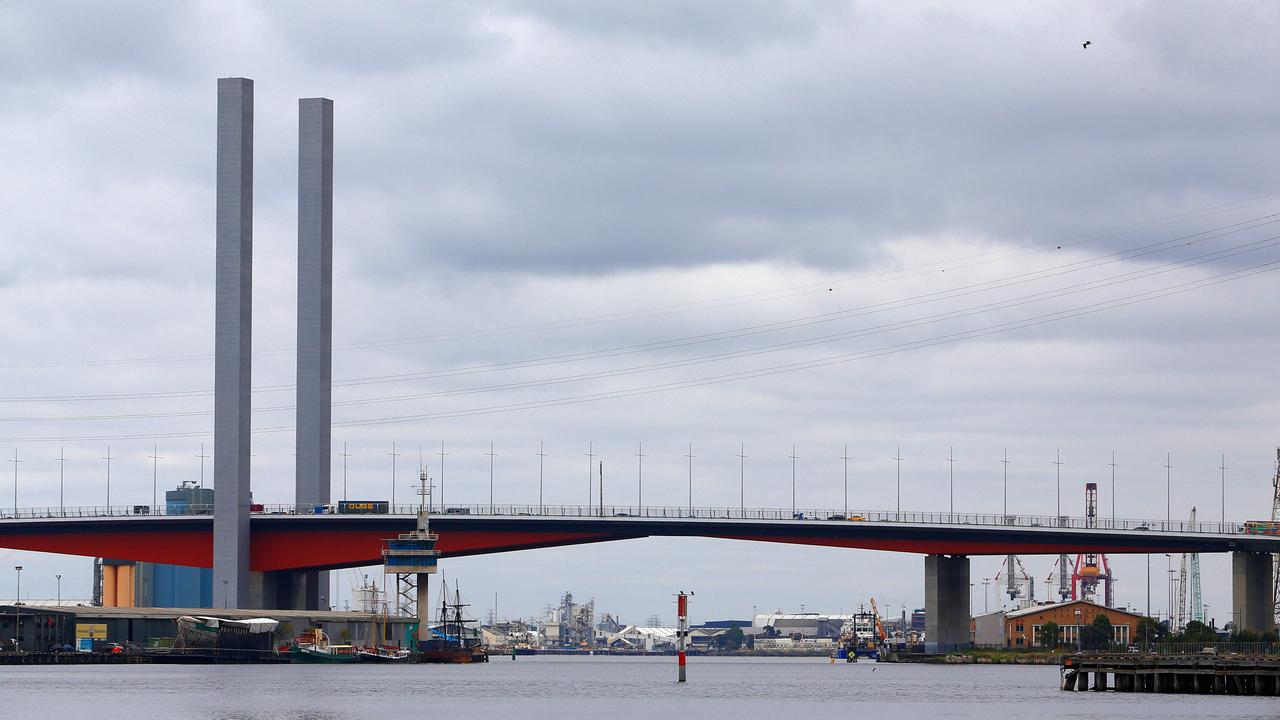
A trip across the Bolte Bridge from the airport will increase from $9.37 to $9.46, a trip from Flemington Road to the airport will increase from $2.88 to $2.91, and a trip from the Burnley Tunnel from the West Gate will not change.
A Tulla Pass will increase from $7.38 to $7.46, while a daily CityLink pass will cost $20.96 – up from $20.75.
EastLink tolls will not change until next financial year.
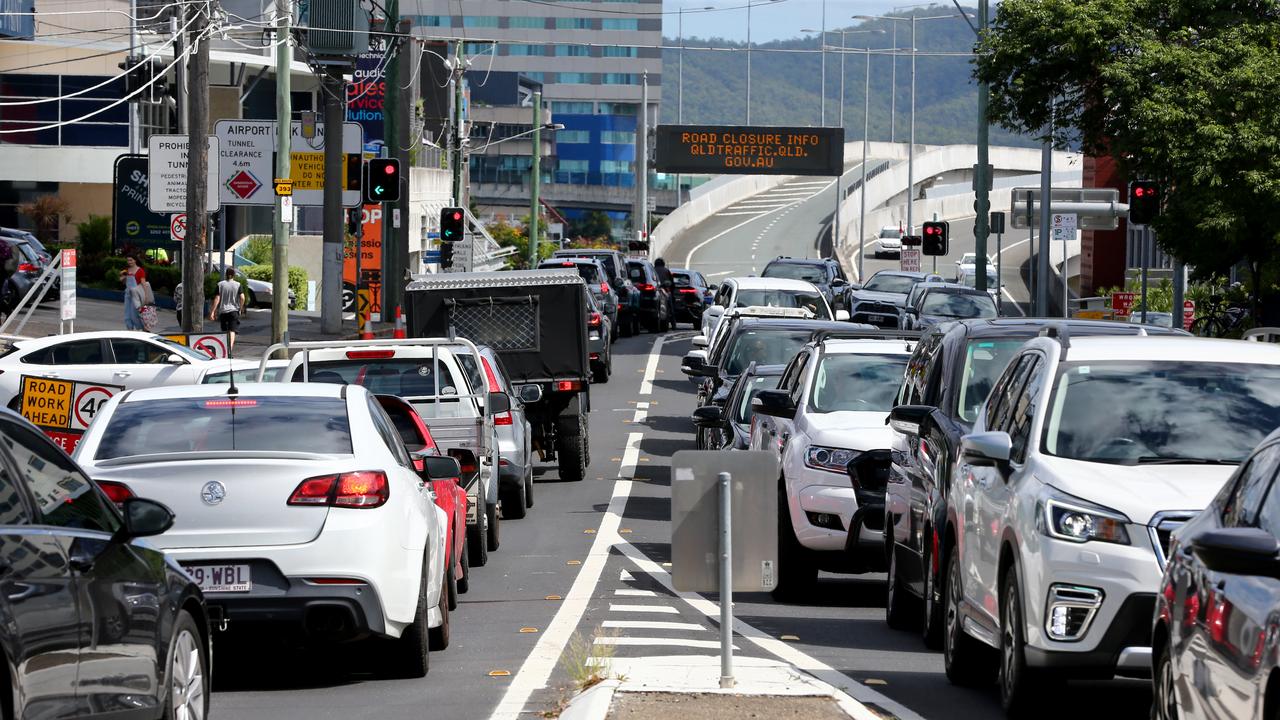
In Queensland, the AirportLinkM7, which runs between Bowen Hills, Stafford and Nundah, will have its price increased in line with the All Groups Consumer Price Index Brisbane.
A journey in a class two vehicle, or car, will increase on the AirportLinkM7 from Brown Hills to Kedron or Toombul from $5.92 to $6.38.
Those travelling from Kedron to Toombul will pay $4.78 up from $4.43.
PASSPORT FEES
The Department of Foreign Affairs and Trade’s passport fees will rise again, adding to the pain of high airfares.
A 10-year passport for people 16 and over will cost $325, compared to $308 last year.
A five-year passport for children under 16 or 75 and over will cost $9 extra at $164. Emergency and replacement passports will cost $11 more at $204. The priority processing fee will rise by $12 to $237.
The overseas surcharge for adult applicants will be $146, compared to $138, and the surcharge for child applicants will rise by $4 to $71.
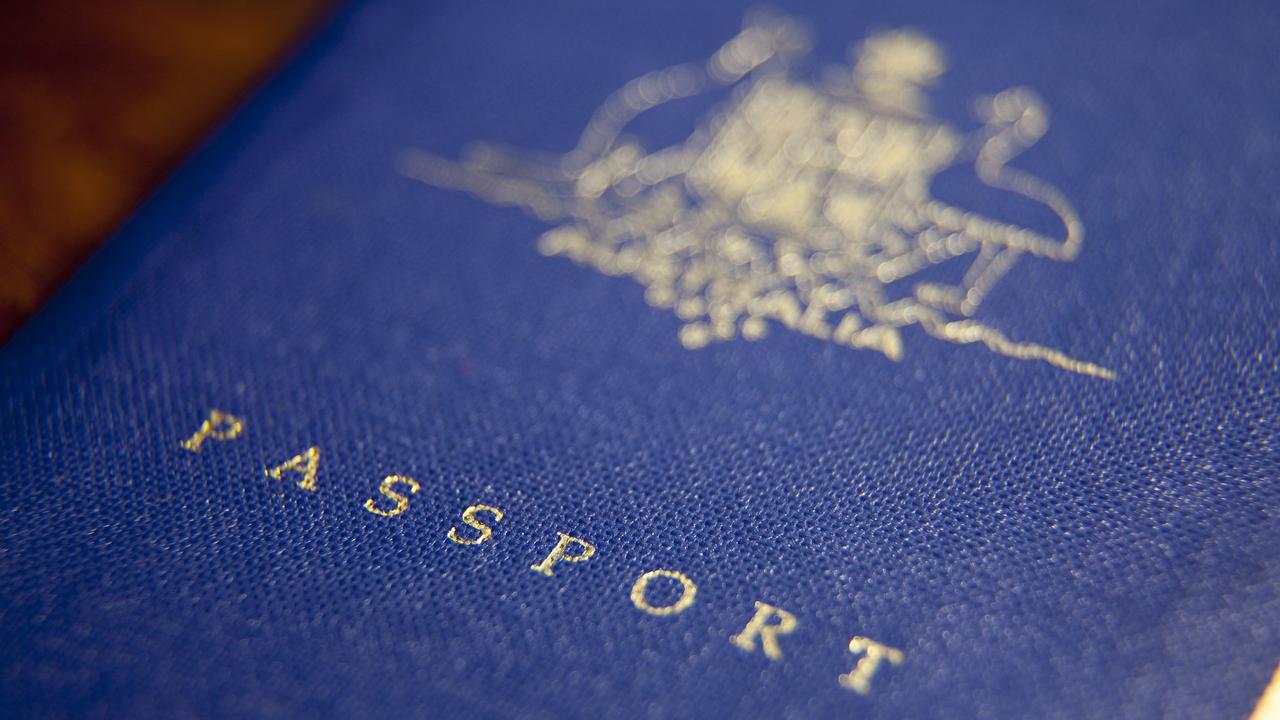
MEDICARE AND PBS CHANGES
From January 1, the maximum cost of a Pharmaceutical Benefit Scheme (PBS) prescription co-payment for general patients will drop from $42.50 to $30.
Pharmacies will have the option to offer increased discounting for PBS medicines within the Increased Discounting Range for the quantity supplied over $30 up to $45.60. This is the price before subtracting the co-payment.
Medicare-rebated psychology sessions will also drop from 20 to 10 sessions per year.
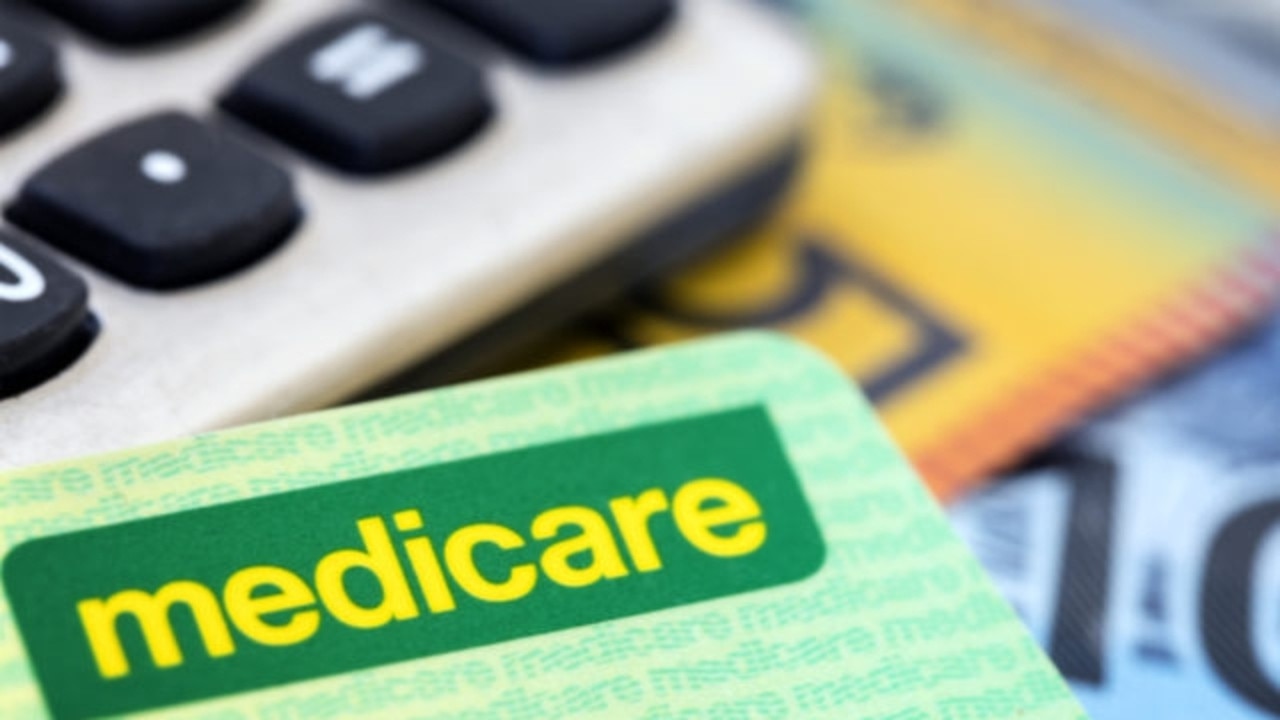
COVID-19
Medicare-funded PCR tests will require a referral from a medical practitioner or nurse.
State and territory-operated PCR clinics will still be able to take individuals without referrals, with the Federal Government extending the 50-50 funding arrangements for jurisdictions that want to continue with current arrangements.
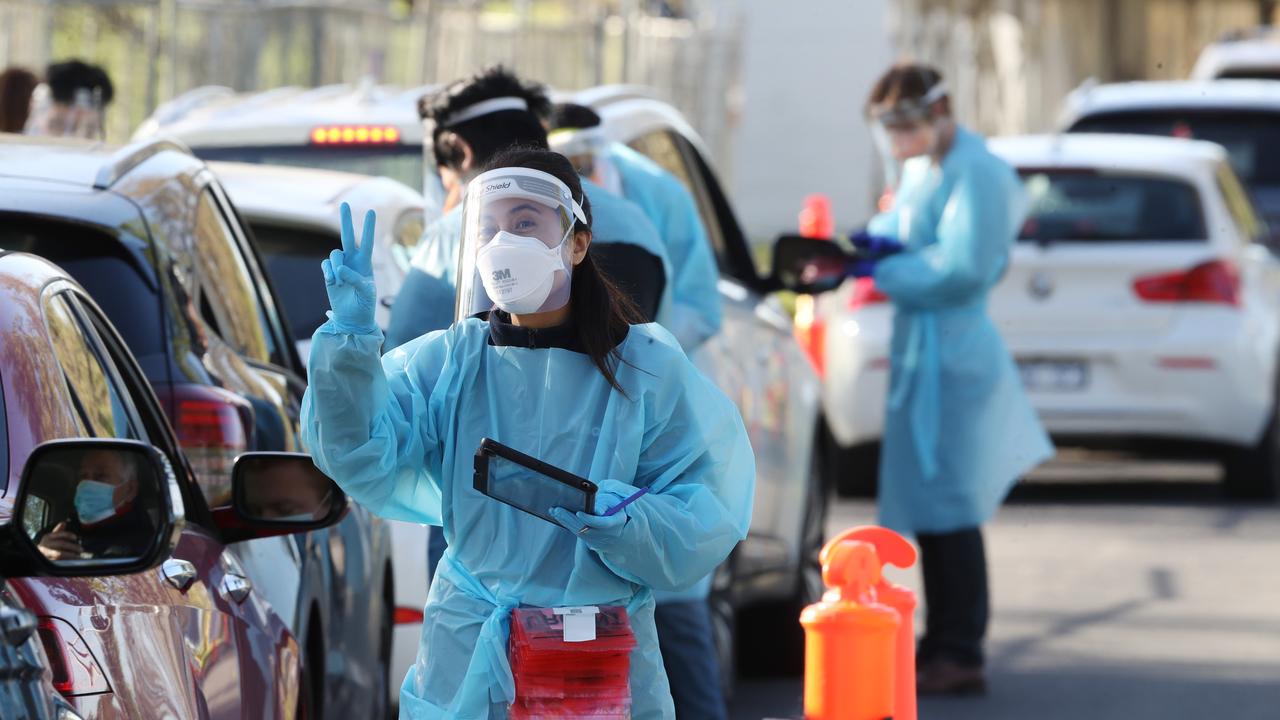
WELFARE
Around a million Centrelink recipients will see more cash including young people, carers and students as payments rise by up to $20 a week after the six per cent increase arrives January 1.
Youth allowance will increase by between $19.10 and $41.40 a fortnight, and those on Austudy will receive between $32.40 and $41.40 more each fortnight.
Disability support pension recipients aged under 21 and without children will receive between $27.40 and $40.70 more a fortnight. Rates of ABSTUDY and Assistance for Isolated Children will increase, as will the Mobility Allowance, Double Orphan Pension, Carer Allowance and Pharmaceutical Allowance.
Totally and Permanently Incapacitated (TPI) Veterans will get an additional $1000 a year, which is an increase of $38.46 per fortnight.
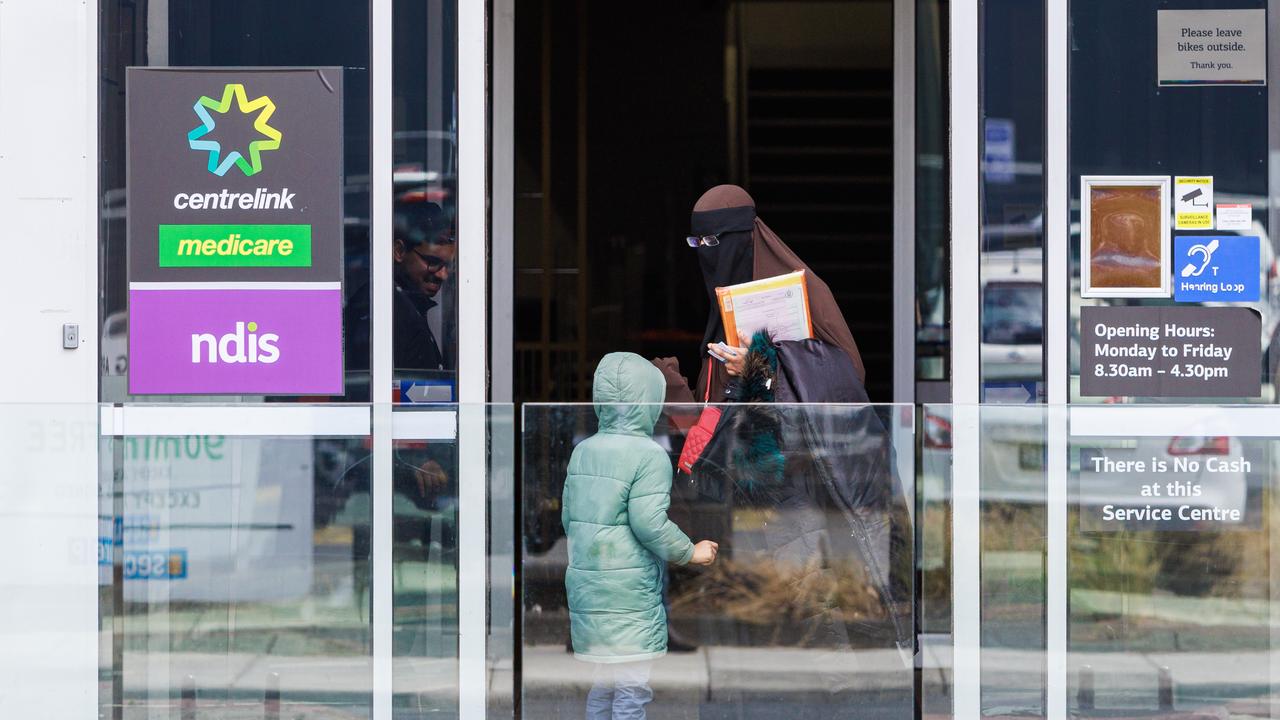
PROPERTY
Anyone selling their principal home to downsize may benefit from changes to income and asset tests.
For home sales from January 1, the asset exemption period is up to 24 months. Depending on your circumstances, you could get a further exemption of up to 12 months. The maximum assets test exemption period is 36 months.
Sale proceeds to be used to secure a new principal home will be deemed at the lower rate only. Any extra sale proceeds held in a financial asset will be subject to the regular deeming rates.
If you’re building a new home, the land is also exempt for up to 24 months. This only applies if the land value is less than the amount you got from the sale of your home.
Services Australia states homeowners need to inform them within 14 days of selling their home.
Veterans will also be able to get a special home loan subsidy under the Defence Home Ownership Assistance Scheme that will be expanded.
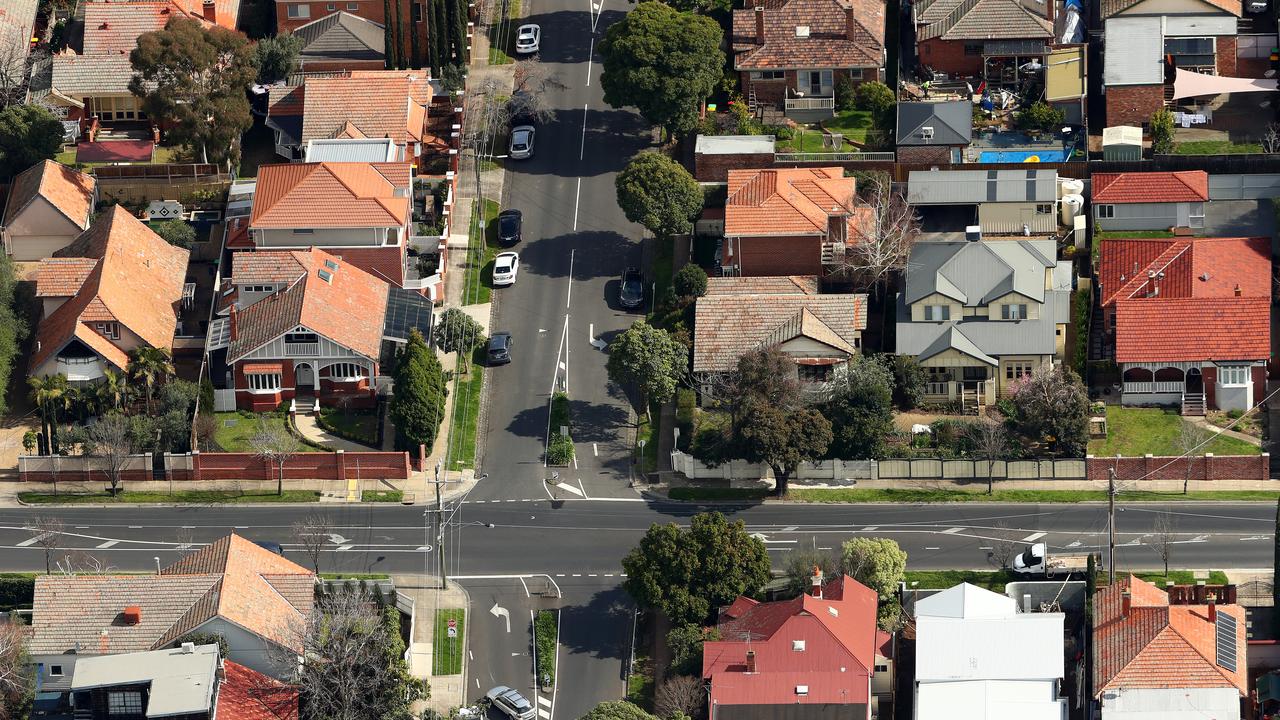
HOME CARE PACKAGES
The amount a provider can charge for care and package management will be capped at 20 per cent and 15 per cent of the package level. Providers will no longer be able to charge exit amounts or to charge separately for costs associated with third party services. HCP providers affected by the changes will need to discuss pricing changes with their care recipients.

CHILDCARE INDUCEMENTS
Providers will no longer be able to offer families inducements that are financial or not directly associated with the quality or provision of education or care services.
FREE KINDERGARTEN IN QLD
Queensland families with kindergarten-aged children will be able to get free or cheaper childcare from next year.
ACCC FINES AND PENALTIES
Individuals found guilty of criminal cartel conduct could face up to 10 years jail or fines of up to $550,000 per criminal cartel offence, an increase from $444,000.
Under Australian Consumer Law, corporations caught for offences like pyramid selling, unconscionable conduct, false or misleading representations will face increased penalty amounts of $16,500, or $165,000 for a listed corporation and $3300 for an individual for each alleged contravention.
Where the ACCC detects a breach of gift card provisions, infringement notices will increase to $15,125 for a corporation and $3025 for an individual.
Where a business has charged a payment surcharge which is excessive, infringement notices will increase to $16,500 for a corporation, $165,000 for a listed corporation and $3300 for an individual.
If the ACCC takes court action, it can seek pecuniary penalties of up to $1,779,525 for a corporation and $356,125 for an individual.
Penalties under the Horticulture Code and Dairy Code will also increase, as will those under the Franchising Code.

SCHOOL MOBILE PHONE BAN
South Australia will become the next Australian state to roll out the rule, following the Northern Territory, Victoria and Western Australia.
VOLUNTARY ASSISTED DYING (VAD)
VAD laws, which allow ill people to be helped by others in ending their life, have commenced in Victoria, Western Australia and Tasmania. VAD will commence in Queensland on January 1, South Australia on January 31 and NSW on November 28.
NSW MOBILE SPEED CAMERA SIGNS
The NSW government is bringing back warning signs for mobile speed cameras from January 1.
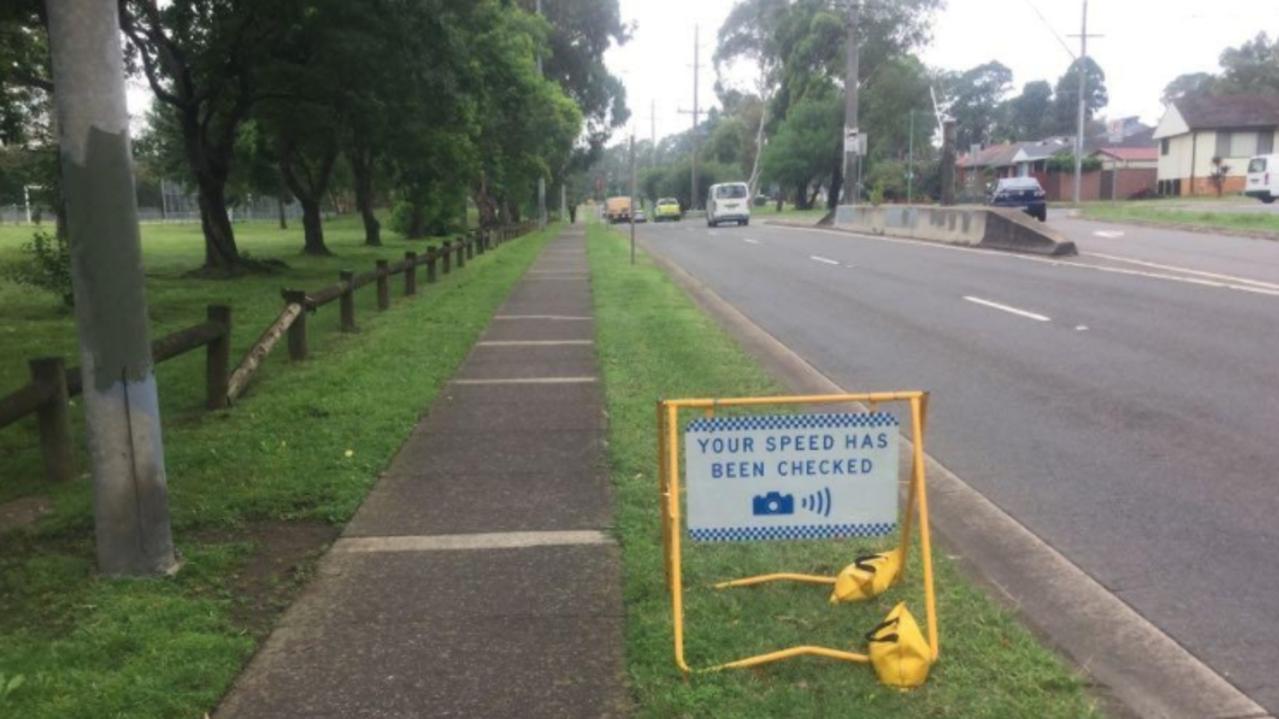
DV LEAVE FOR NSW PUBLIC SERVICE WORKERS
Public servants in NSW will be entitled to 20 days of domestic violence leave including temporary and casual staff.
VISAS FOR KIWIS
Those granted a New Zealand stream visa (and their New Zealand citizen family members also granted a Skilled independent (subclass 189) visa), will have their citizenship pathway expedited from January 1.
HAZARDOUS CHEMICALS
From January 1, manufacturers or importers of hazardous chemicals must only use GHS 7 to classify and label chemicals in Australia. The GHS 7 is a global method of classifying chemicals including aerosols, flammable, pyrophoris and chemically unstable gases. It also covers preparing labels and safety data information.
MARINE SAFETY
To help workers in the domestic commercial vessel industry, there will be five new certificates of competency, changes to supervisory definitions to clarify when a General Purpose Hand certificate of competency is required and a new standard for medical fitness assessments for masters and crew of domestic commercial vessels.
Some existing exemptions will be included.
Originally published as January 1 2023 laws: Changes to energy bills, welfare, property, road tolls, Medicare, PBS, fines








